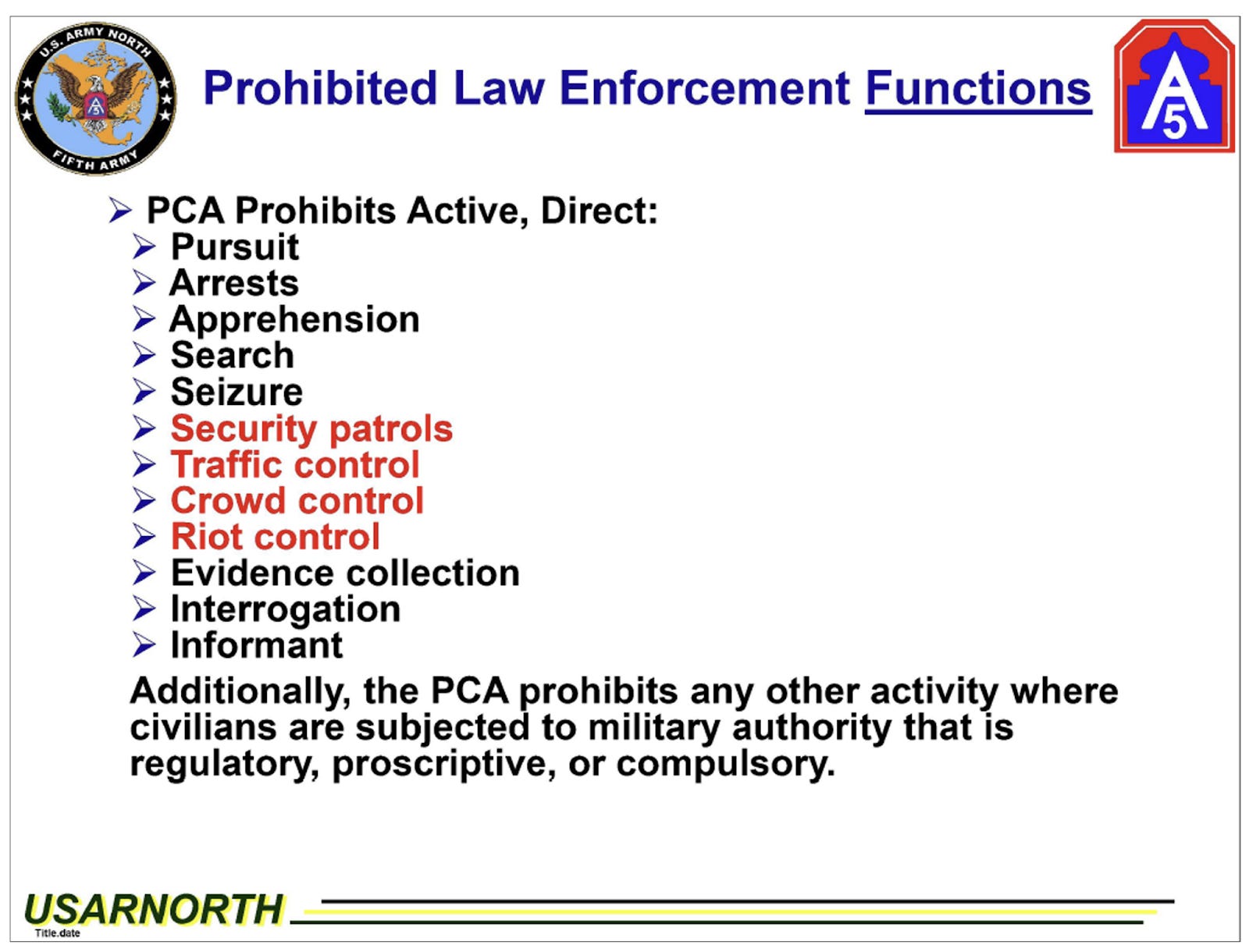September 4, 2025
Federal Court Rules Against Trump Administration’s Use of Military in Domestic Law Enforcement

In a landmark decision, a federal court has ruled that the Trump administration's deployment of military forces in domestic law enforcement activities in Los Angeles violated the Posse Comitatus Act (PCA). The act, which limits the powers of the federal government in using federal military personnel to enforce domestic policies, was central to the case presided over by Judge Charles Breyer.
The court found that the Defense Department had illegally employed Marines and federalized National Guard troops during a series of immigration raids around Los Angeles in June and July, directly contradicting their established operational guidelines. These actions were part of a broader strategy by President Trump and Secretary of Defense Pete Hegseth to deploy military forces in various U.S. cities under the guise of protecting federal property and personnel.
The decision highlighted how the administration bypassed normal procedures and legal boundaries. Notably, in his ruling, Judge Breyer pointed out that the Defense Department had modified its PCA training manuals to justify otherwise prohibited activities such as traffic control and crowd management, marking them as exceptions under the guise of national security.
This case, Newsom v. Trump, began following a swift federalization of the California National Guard by the administration, which Governor Gavin Newsom contested as being unwarranted. The initial temporary restraining order issued by Judge Breyer was eventually contested by the administration but upheld the importance of the PCA during the preliminary injunction stage.
Throughout the proceedings, evidence was presented showing the extensive military involvement in law enforcement activities, which typically would be handled by local police or ICE agents. This included blockading roads and using military vehicles and personnel to manage public demonstrations and operations against drug enforcement, thereby directly engaging in law enforcement rather than providing passive support.
The implications of this ruling are significant as it not only challenges the administration's current practices but also sets a legal precedent for the use of military forces within U.S. cities. The court’s detailed criteria for assessing violations of the PCA underline the serious nature of the administration's breaches.
As the case is poised to escalate to the Supreme Court, the broader constitutional implications regarding the separation of military and police powers will come into sharper focus. This ruling is a crucial checkpoint in the ongoing debate over the scope of executive power in domestic law enforcement, especially as it pertains to the militarization of such efforts.
The administration has signaled its intention to appeal the decision, which could see this issue lingering through the courts for an extended period. Meanwhile, the temporary stay on the ruling until September 12 leaves room for further legal maneuvering. This case represents a critical juncture in the ongoing discussion about the balance of power between state and federal authorities and the proper role of the military in domestic affairs.